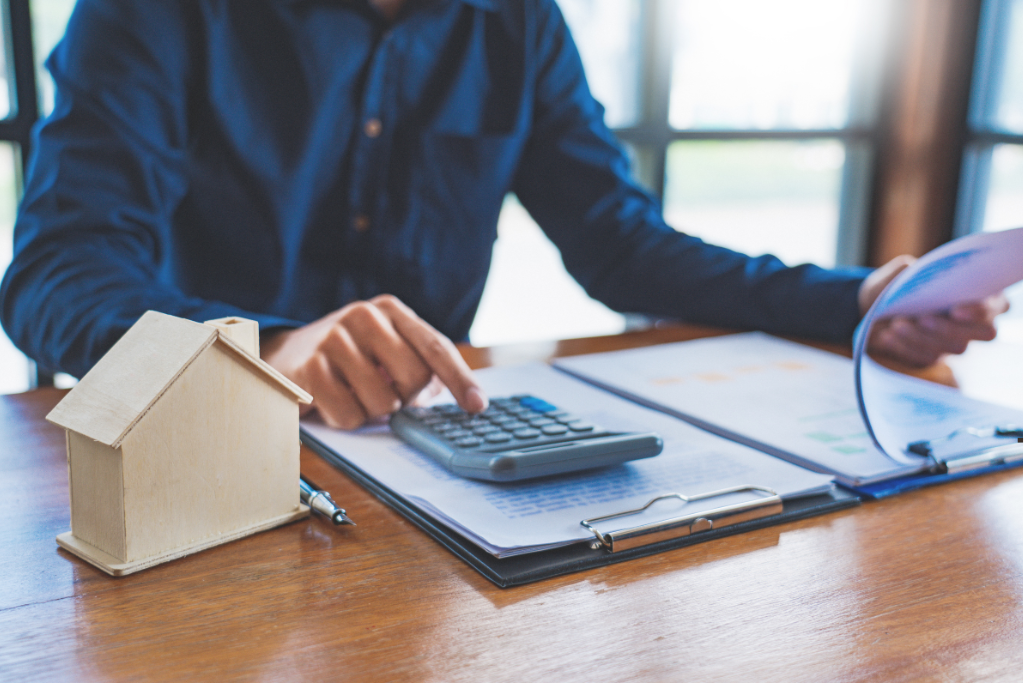Dear Chuck,
We want to renovate our home by using some of the equity we’ve accumulated. Our home is in a highly desirable area and has tripled in value. We have several years left on our current mortgage. How can we be good stewards of this renovation?
Renovation Without Regrets
Dear Renovation Without Regrets,
I take it you are considering a 2nd mortgage for the renovations. Let’s focus on what it looks like to be a wise steward if you choose that financing option.
Understanding 2nd Mortgages
Home equity increases with each mortgage payment, certain home improvements, the location of the home, and inflation. It is the difference between what a home is worth and how much is still owed on it. If a house is worth $400,000 and $200,000 is still owed, the equity is $200,000. Most lenders will allow you to borrow 85% of a home’s value (including the 1st mortgage).
Far too often, people borrow against the equity in their home and use it for unwise purchases, like an RV, a vacation, or a business startup. Keep in mind that it is called “2nd” because if a bankruptcy or foreclosure occurs, it is paid off after the original mortgage. If the sale of the home only covers the payoff of the 1st mortgage, the 2nd mortgage is viewed as a personal loan that you are responsible for paying. Although the cash given in this kind of loan can be used for anything, it is safest to use equity to build more equity.
What Is a 2nd Mortgage?

Types of 2nd Mortgages
Wise Stewardship of the Renovation
First, determine if you can afford this project. Establish a budget for what the total renovation will cost. Next, look at your budget. Apply your debt-to-income ratio (debt payments divided by monthly income) to determine how much of your monthly income should go to housing. Lenders like a ratio of less than 43%. You should be comfortably beneath this ratio for the 1st and 2nd mortgages combined. Otherwise, abandon the idea of using any type of 2nd mortgage, and wait until you have saved enough to pay cash. Because you may be close to paying off the 1st mortgage completely, consider waiting until you own the home without a 1st mortgage.
If you are comfortable increasing your debt with a 2nd mortgage, consider contacting the lender of your original mortgage since they’ve got your record of payments. Compare rates, upfront and closing costs, and annual fees (for HELOCs) with other companies. Avoid prepayment penalties. If you’re offered a lower rate for a HELOC with higher borrowing limits, use constraint, or you’ll drain the equity.
You can also use your equity to purchase a 2nd home—details here. With a home equity loan, you can put the money toward the down payment and closing costs.
The interest paid may be tax deductible, depending on how the funds are used. “The IRS stipulates that for the interest to be deductible, the loan must be used to buy, build, or substantially improve the residence that secures the loan.” Dennis Shirshikov, head of growth at Awning.com, said, “If buying property adjacent to you that enhances the primary home, you may get a tax break.”
My Suggested Steps
Yellow Flags
The risks of a 2nd mortgage include added debt, the risk of foreclosure, and variable interest rates with HELOCs. Consider the following:
Consider the times, pray, and seek wise counsel. If you’re married, make sure you are united in the decision. Ask God for wisdom; He gives it generously without reproach.
“By wisdom a house is built, and by understanding it is established;
by knowledge the rooms are filled with all precious and pleasant riches.”
Proverbs 24:3–4 (ESV)
For extra guidance and support, Crown’s online Budget Coaching program matches you with a certified coach who will work with you to develop a customized plan.
This article was originally published on The Christian Post on June 28, 2024.
Subscribe for Weekly Updates
"*" indicates required fields
Search
Christian Credit Counselors

Is credit card debt causing you stress and strain? Christian Credit Counselors would like to help!
Notifications